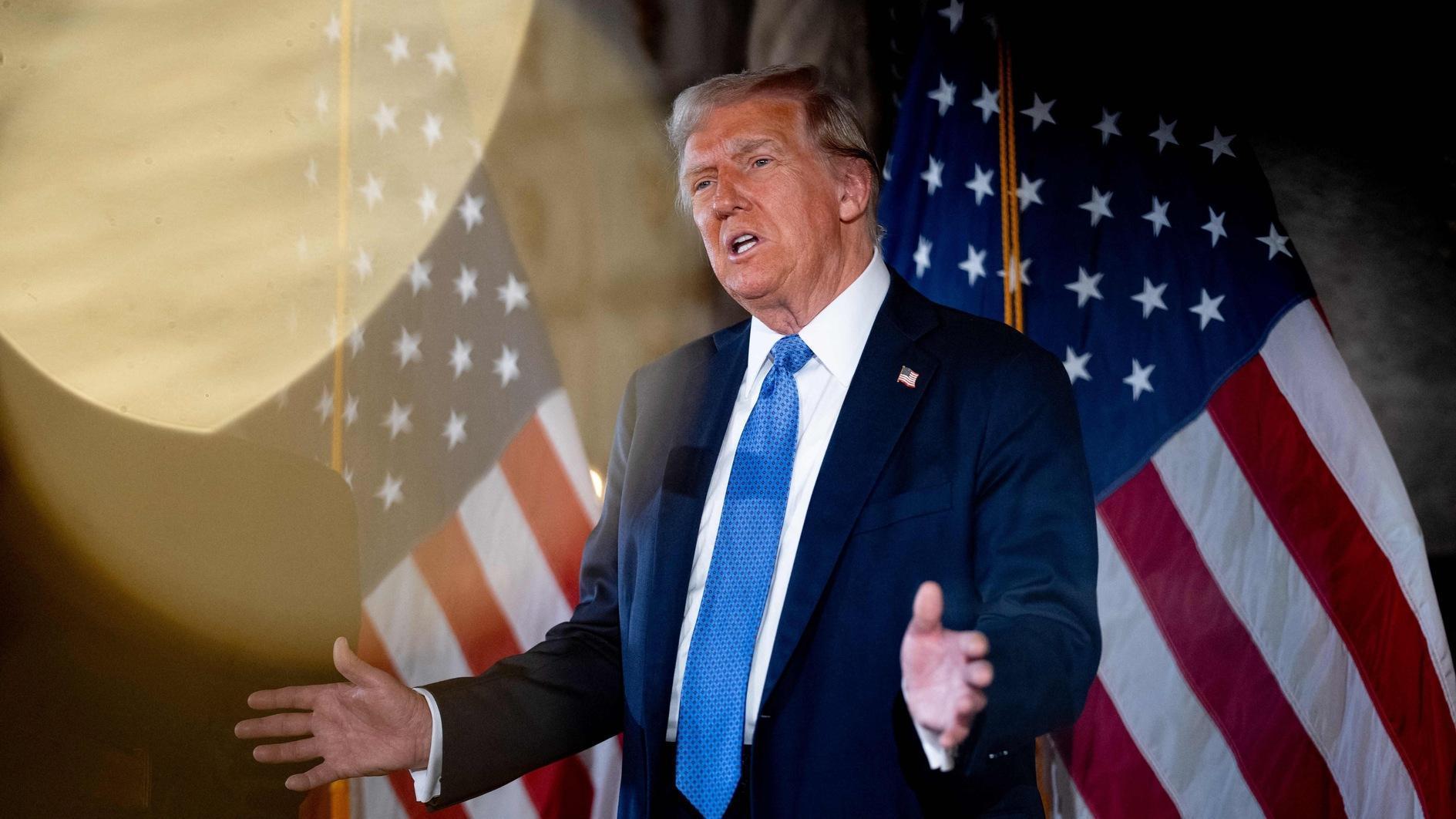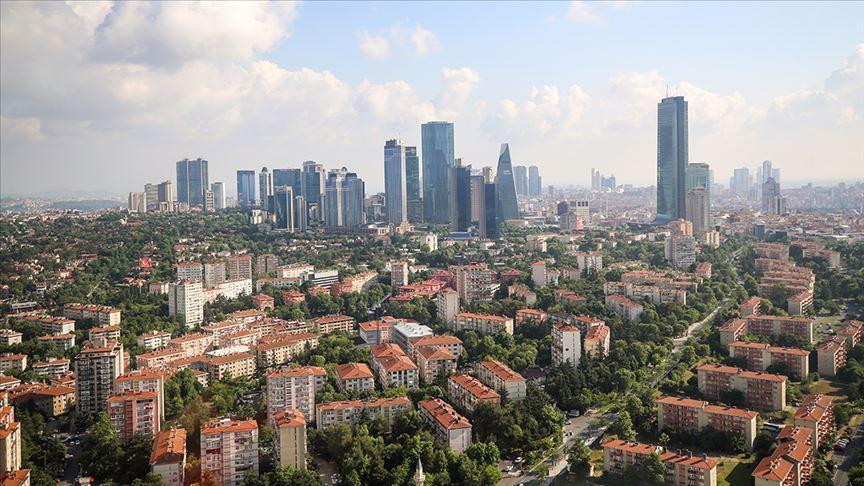Don’t write democracy off just yet
JOHN LLOYD
This past year has been one where the limits and failings of democracy became more visible than at any time since World War II enshrined the view that representative government was best. Democracies defeated the tyrannies of Germany, Italy and Japan – ironically, a victory made certain by the unrivalled human sacrifices of the largest tyranny of all, the Soviet Union.In the post-war years, the victors were confident in their political systems, seeing them as drawing strength from the active engagement of citizens in elections, in political parties and in open debate. Now, the forward march of democracy has been halted; in some cases, reversed.
Those in the West have been used to seeing elections for representatives to parliaments, chosen by parties, as the natural concomitant to free societies. But that freedom is highly regulated and inevitably creates a political elite. The voices of the people are mediated through many filters, often opaque to most. Those countries relying routinely on plebiscites for policy decisions are few – as in Switzerland, where the results of referenda do confirm an aversion to immigration, even where that is posed as economically advantageous.
In this past year, referenda in two large European states that have little tradition of holding them, the United Kingdom and Italy, have spurned political choices recommended by the two governments. In the U.K., the vote was about European Union membership; in Italy it was on constitutional change. Both outcomes prompted the resignations of prime ministers: Matteo Renzi in Rome and David Cameron in London.
Referenda are now the favored media of the populist parties everywhere, since they believe they can ride and guide the tigers of popular revolt. They are the voice of the people, are they not? There is a cogent defense of representative systems as providing continuity, experience and wisdom, but it’s a hard case to make without exciting mockery at a time of mainline political unpopularity.
Mainstream political parties have regularly made attempts to widen the participation of citizens in politics, usually after protests and controversies. But they rarely bring in large numbers over more than a few meetings, since, as Francis Fukuyama writes, “most citizens have neither the time, nor the background, nor the inclination to grapple with complex public policy issues; expanding participation has simply paved the way for well-organized groups of activists to gain more power.”
The largest experiment in creating new democratic structures has been the European Union, which has developed them steadily since the 1950s. In the past decade, it has stalled as the member governments, pushed by their electorates as well as euroskeptic parties, have demanded a return of decision-making, not so much to their own parliaments as to the national “people.”
The EU was presented by its creators and many of its politicians as a new step in democratic governance, a voluntary fusion of nation-states into a federal entity so that it could rival China, Russia and the United States, and carry more clout with the global corporations and finance houses. But the EU pushed its political project too far, especially by attempting to use the financial mechanism of the euro for political ends.
Countries like Greece and Italy had habitually devalued their currencies to retain a competitive edge; they now cannot without leaving the euro. But then they would be faced with huge debts denominated in euros while their own currencies – the drachma and the lire – were heavily devalued. They cannot succeed by staying in or by getting out.
Meanwhile, authoritarianism is making a comeback. That Russian President Vladimir Putin was among Time’s people of the year was due to recognition of his successes, violent as they have been, in Ukraine, Syria and Russia itself, where polls show he still has overwhelming public support.
There are three ways out of this democracy dilemma for those who wish to retain the strengths of mainstream politics. First, and least attractive, but most likely, is that the different populist surges will fail. U.S. President Donald Trump will be unable to govern coherently. Brexit will bring long drawn-out damage to the U.K. economy. Italy will fail to find a government capable of the painful reforms it needs. Some, at least among those attracted to quick fixes, will get the point.
Second, the populists will drift into the mainstream – as the True Finns have done in Finland – losing their edge and popularity while gaining respectability. And finally, mainstream politics will find a new impetus. New leaders will emerge who can both explain the need for reason-based politics and produce results.
That last is the hardest of all, requiring patience, tolerance of failure and an appetite for explanation and education. The referenda have shown the power of a popular rejection of “them.” To succeed, all three of the above scenarios will likely play a part in clawing away from a politics which insists on radical change right now. But it will be a rocky road: we are already on it, and with one bound cannot be free.
*This abridged article is taken from Reuters.











